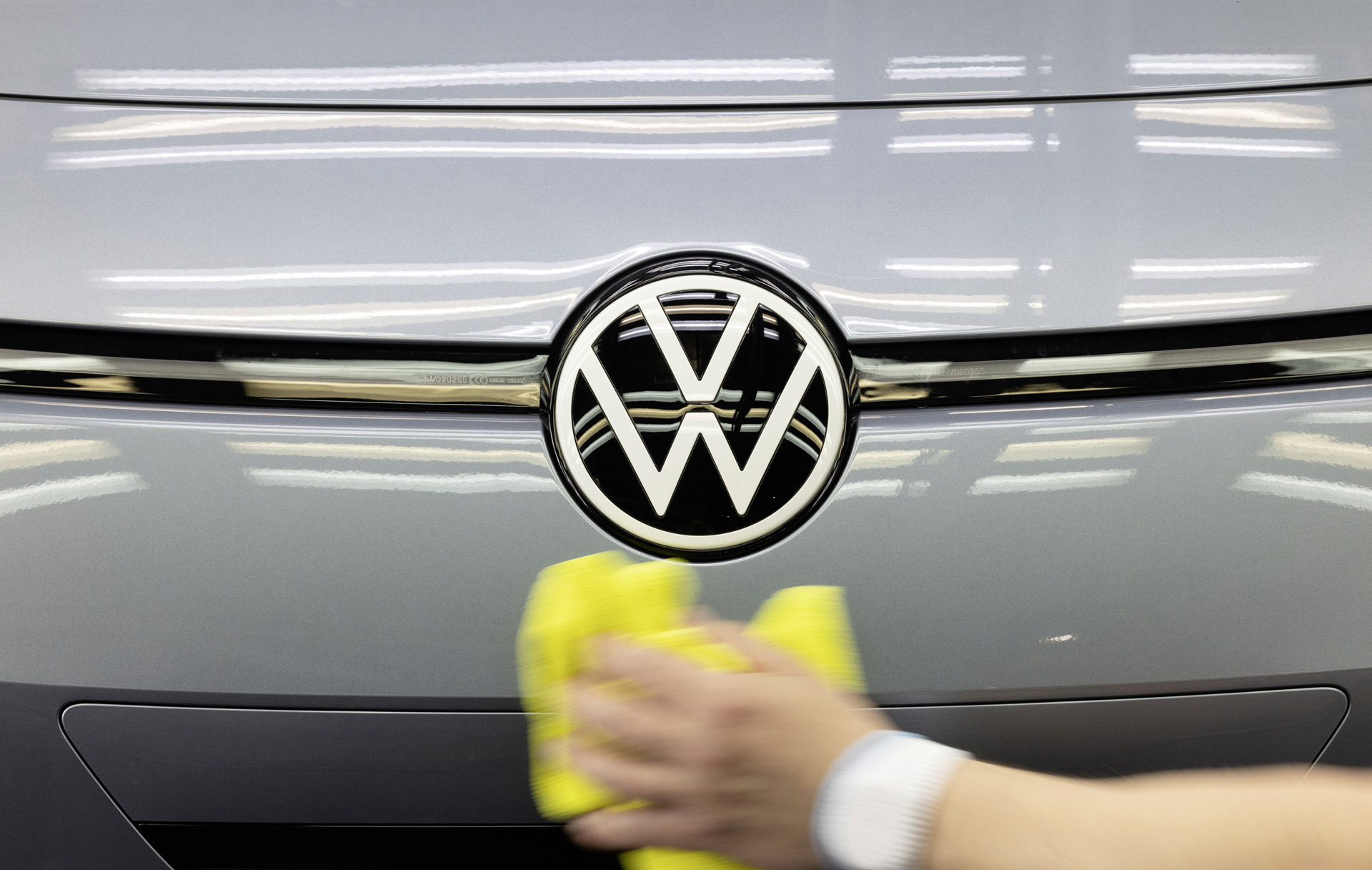VW Group strategy calls for a single platform, battery cell and software system for most cars by 2030
The Volkswagen group on Tuesday announced the “New Auto” strategy that will guide the automaker until the end of the decade.
It’s a bold and somewhat risky plan, as it will see the automaker undergo further consolidation, with the goal of moving most of the VW Group vehicles to a single platform, battery cell and software system. .
The three main pillars that make up the strategy are software, electrification and autonomous driving.
In the software area, the VW Group is striving to transform itself into a software-driven company, and the new Cariad division is responsible for software development at the automaker. The division is working on a unified and scalable software platform and hardware architecture that will handle everything from infotainment and live updates, customer profiles and, eventually, autonomous driving capability. It should be deployed in 2025.
The VW Group sees a lot of potential in software for future revenue, especially with the introduction of autonomous driving capability, which the VW Group says will be widely available by 2030. The automaker has hinted that cars in the future will have an autonomous driving mode. that you can pay at a certain rate, like minutes or miles, the same way you would pay a taxi driver. Cars are also likely to have more and more software features that you can buy on demand or subscribe to.
“By 2030, software – based on automated driving – can become a major revenue stream in our industry,” Dirk Hilgenberg, CEO of Cariad, said in a statement.
The VW Group plans to start benefiting from autonomous driving technology as early as 2025, when the automaker launches its first automated taxi service, at a site in Europe and soon after in the United States as well. The service will build on a stand-alone version of Volkswagen’s upcoming ID Buzz, using an SAE-scale Level 4 autonomous driving system developed by Argo AI, which the VW Group owns with Ford.
Autonomous car prototype Volkswagen ID.Buzz AD
In addition, the VW group is developing its own autonomous driving system via Cariad for private cars. This autonomous driving system, which is also expected to be rated Level 4 on the SAE scale, will be available for all brands in the VW Group, but the timing is uncertain.
But the ability to drive autonomously is only one aspect of future mobility. This is why Cariad is also developing a mobility platform covering all services, from rental to subscription, including sharing and carpooling. Yes, the VW Group is coming for Uber and Lyft.
“Our future mobility platform will integrate all the mobility offerings of the group and our brands and will thus maximize customer comfort,” Christian Dahlheim, VW group sales manager, said in a statement.
But what about real cars? Here, too, the VW group is considering a radical transformation. By the end of the decade, the VW Group expects the bulk of its fleet to be electric vehicles, and most of them will be based on a single platform known as the SSP (Scalable Systems Platform). This platform will replace the VW Group’s current MQB, MSB and MLB platforms for internal combustion vehicles and even the upcoming new MEB and PPE EV platforms.
The SSP will spawn its first model in 2026, which is expected to be a VW model currently called Project Trinity. The VW Group predicts that up to 40 million vehicles will be built on the SSP during the lifespan of the platform. The introduction of the platform is expected to result in significant cost savings and reduced complexity for the VW Group.
This standardized approach will extend beyond the platform, however. The VW Group will also introduce a common battery cell design in 2023. The automaker’s goal is to have around 80% of its electric vehicles using a common cell design by 2030. The common cell is also expected to result in a 50% reduction in battery costs from current levels. The common cell, which the VW Group is working with Chinese Gotion High-Tech to develop, will be used for volume models. For exclusive models, the VW Group is looking for high performance batteries including solid state technology.
Finally, the VW group is stepping up its efforts to establish more charging points for electric vehicles. Specific targets for 2025 include, directly or through partnerships, the establishment of 18,000 charging points in Europe, 17,000 in China and 10,000 in North America. In North America, the VW group is working with Electrify America to establish charging points.

